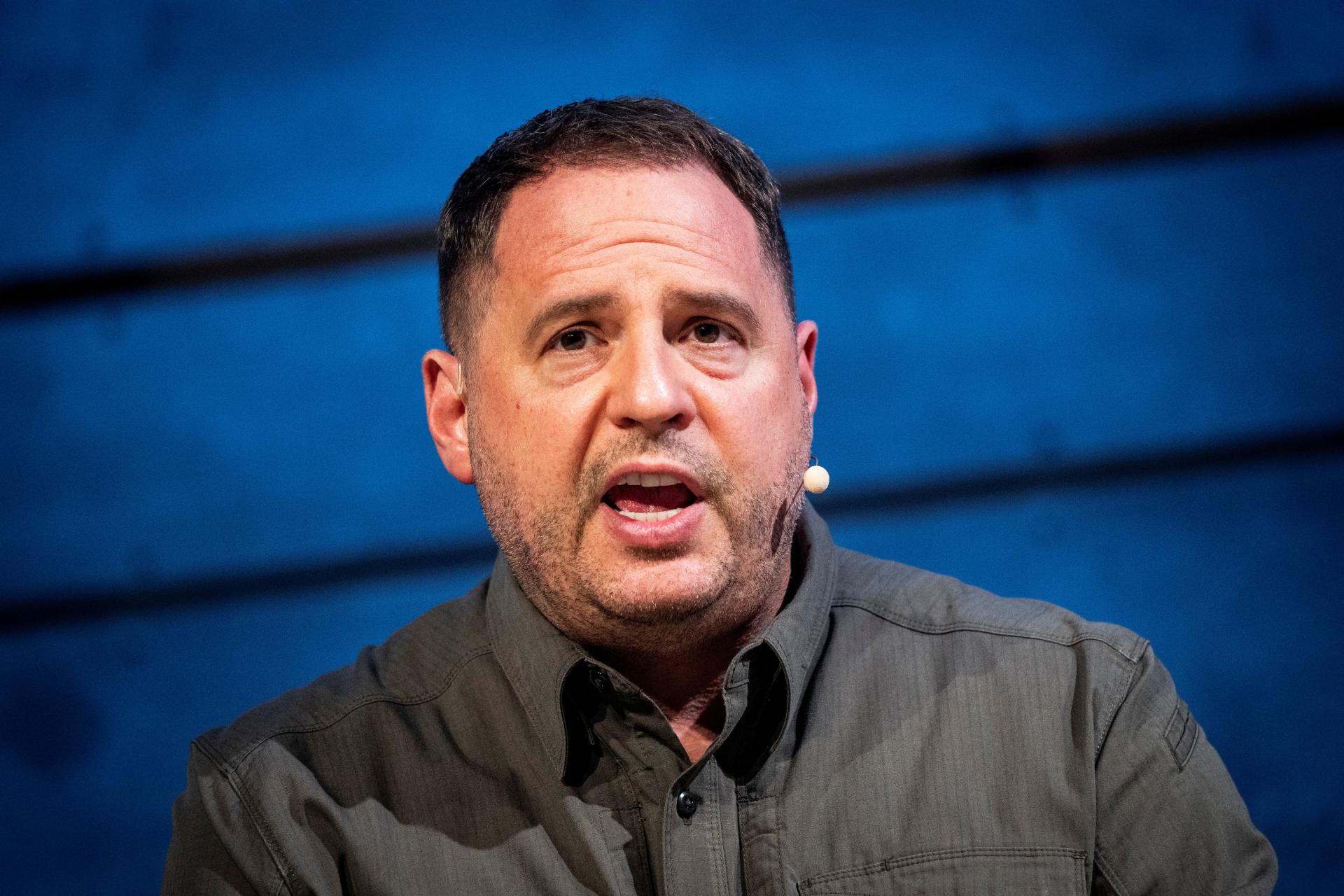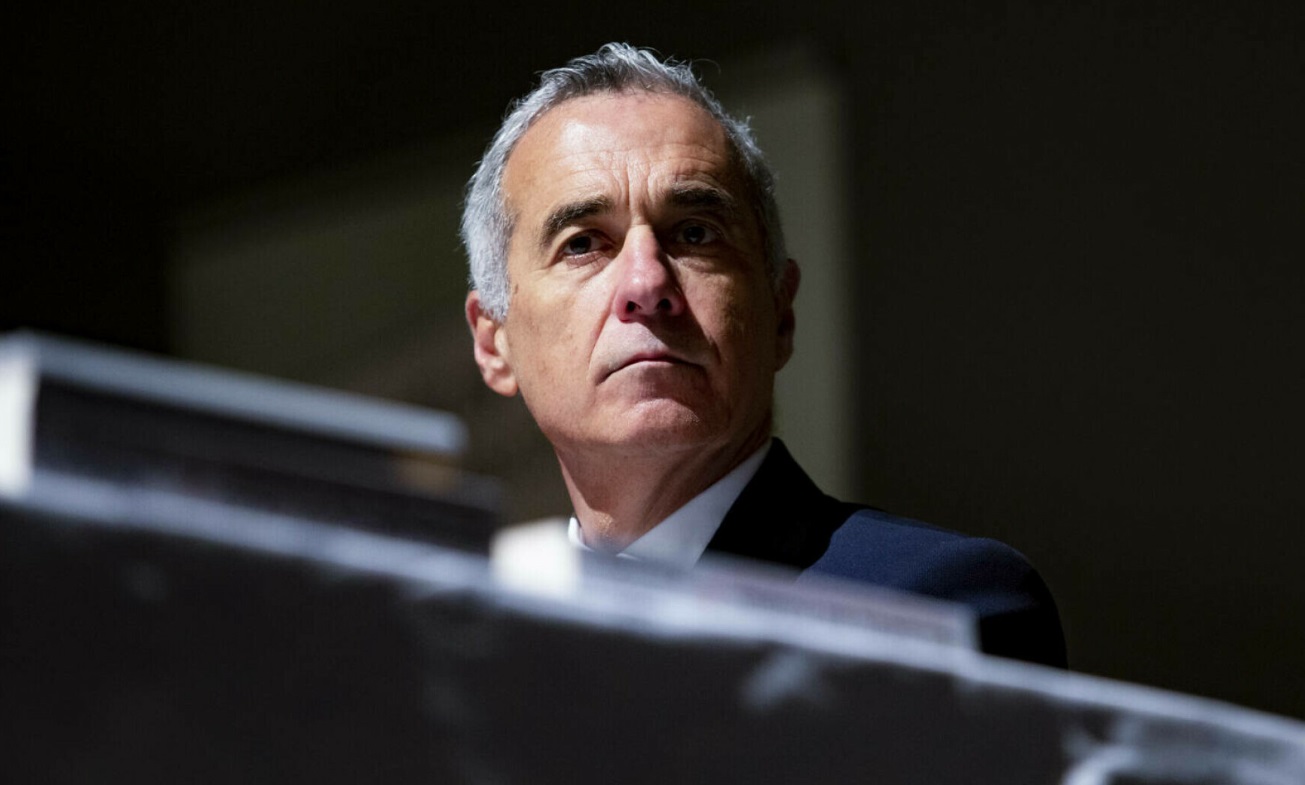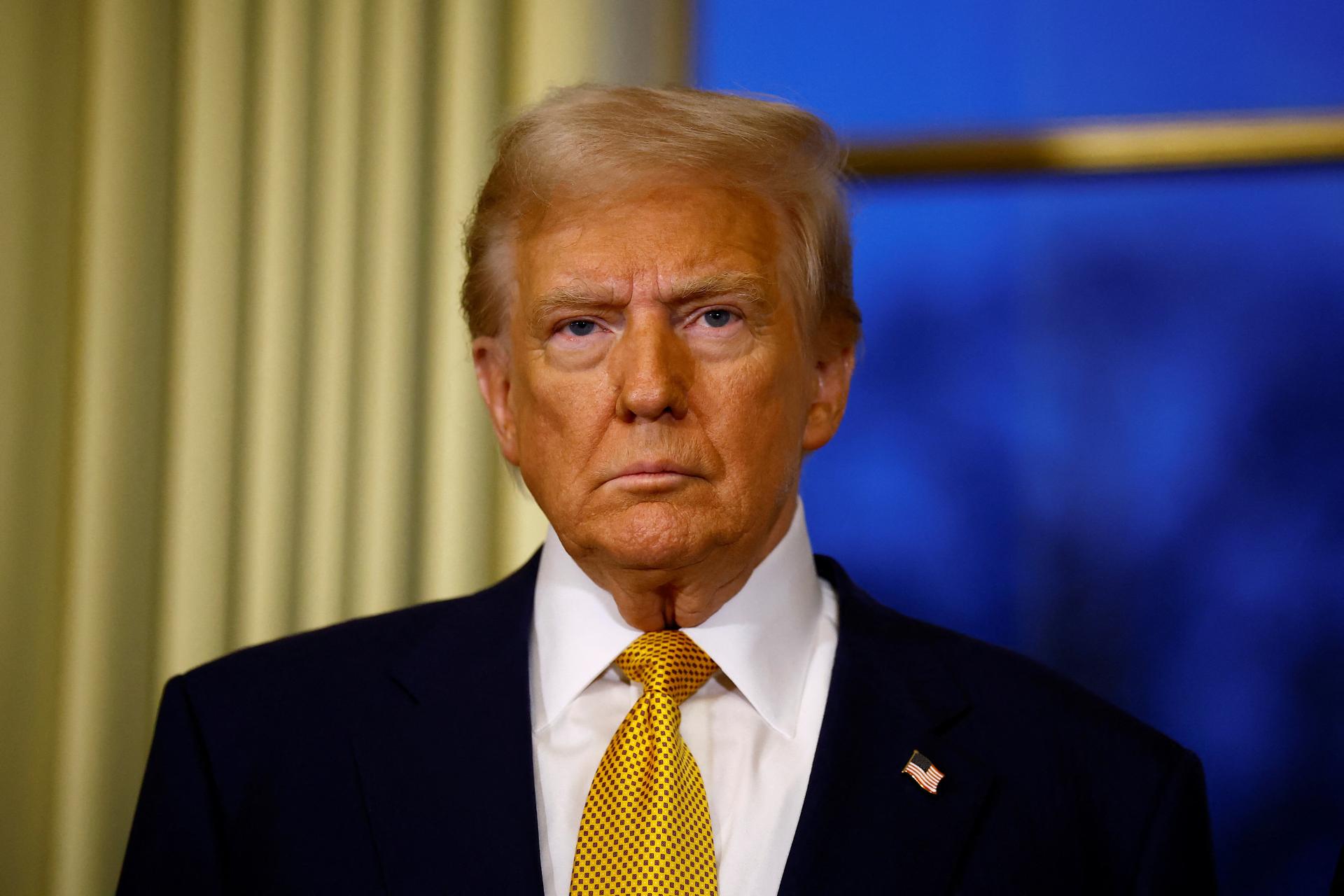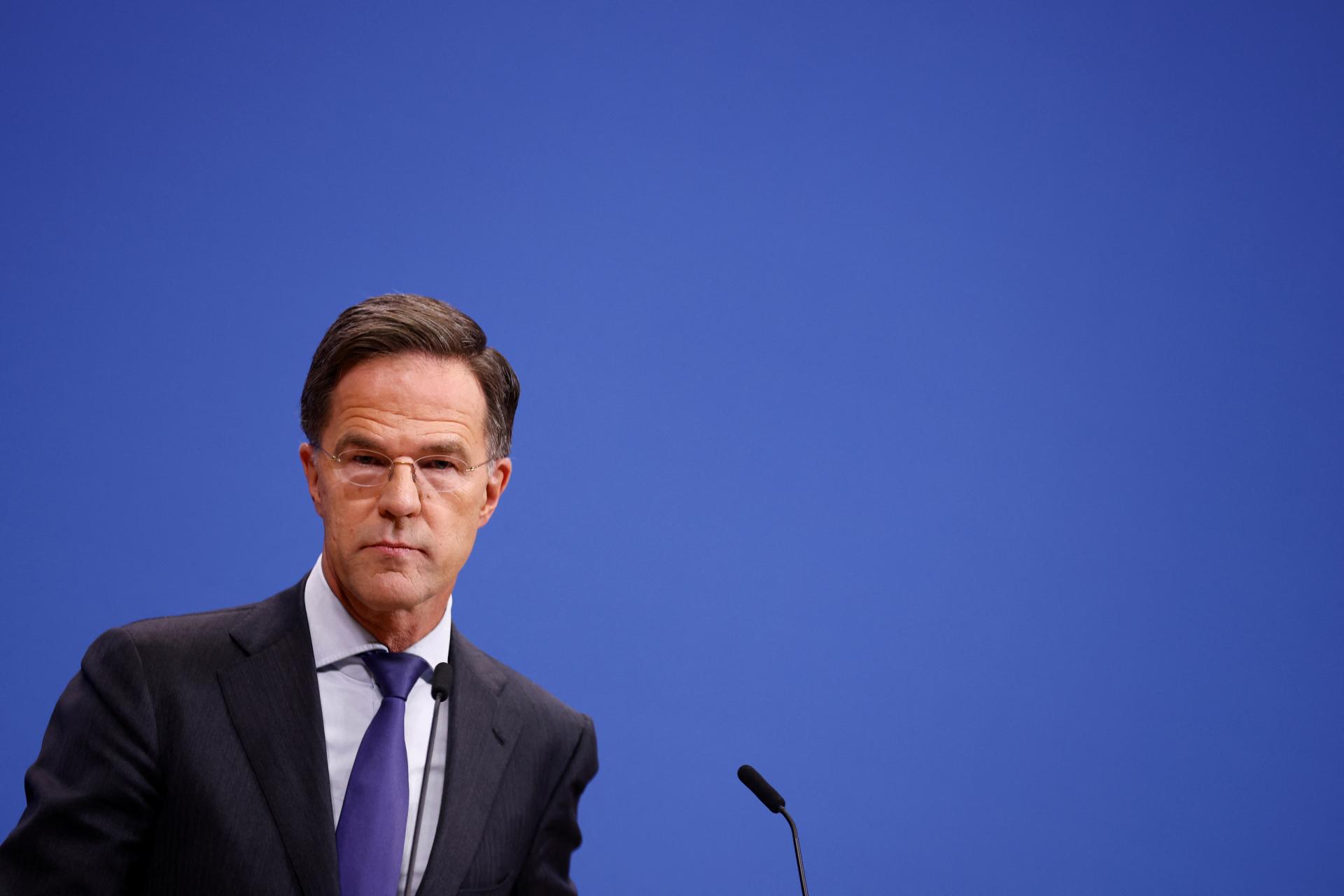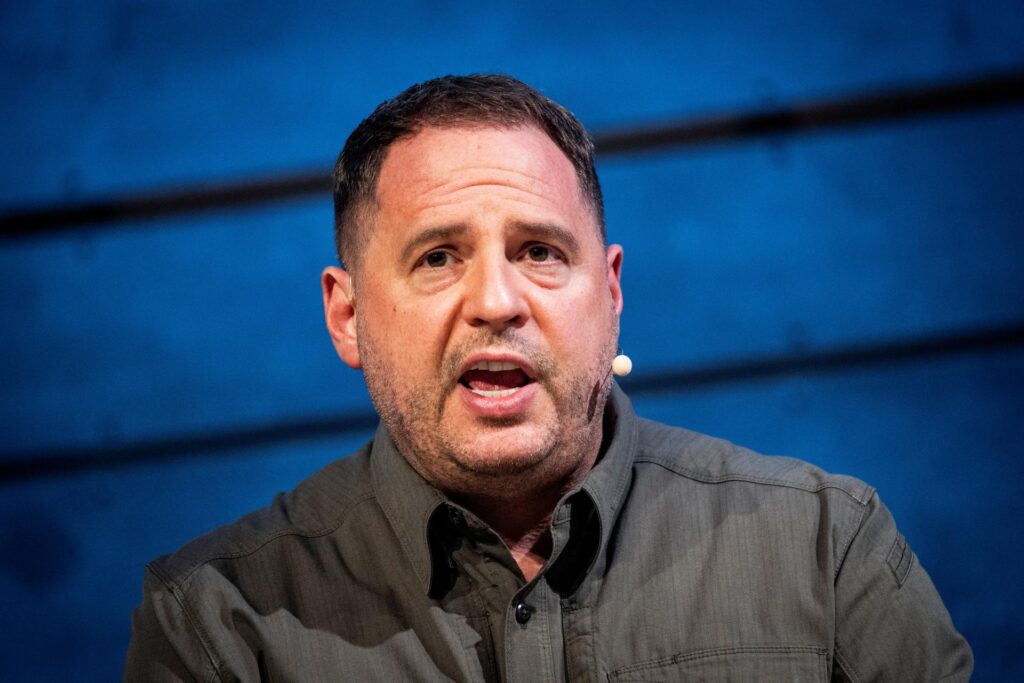Q: Why did you choose Romania?
At the end of the two expat stints that I did, one in Mexico City, back in 2006 and then in England for two years, I returned to the U.S. and chose to look for additional, different opportunities and looked into the emerging markets area because that’s an area that I had been working previously. Kind of very exciting: emerging markets, emerging products in developing markets and began examining Eastern Europe.
I looked at Poland and Romania, two of the countries with the largest populations, began talking with companies and people here and really fell in love with the country.
Q: Tell me a little bit about the show
The show is structured for people who are not fluent in Romanian necessarily or understand English well enough to watch. The focus will be primarily on expat life here, on business from an international stand point, from a Romanian summary, but also international markets and companies. It will take a look at a perspective that I am really able to bring from outside, that may be different, people may find it different than what they experienced with the domestic business press. There will be a wide range of topics and a wide range of interviews and subjects for the audience.
Q: What will be the target of the show?
The target is for anyone who is interested in business news, it’s a half hour summary. The fact is it will be in English, so there’s a natural target for expats and business executives here, but demographics of the Money Channel show that the majority of people have graduated university, and so they would be fluent in English as well. There is no specific niche involved, it is really more of a tailored perspective that will appeal to various people on business news.
Q: Tell me the difference between the Romanian economic press and the other one you have worked for?
It’s probably the same difference between the market place in Romania and the U.S. The Revolution occurred 20 years ago, the business press got established in the first several years. So, in a sense, it is only 15 years old. If you look back at business coverage in the U.S., before I was born, in the 40s and 50s, and then in the 60s, you will see a very conservative kind of press release-oriented business press. It was not until the 70s and 80s that stories began to develop in the business sections as a whole, and began to mature. It was not until the 80s and 90s that television press began covering business as a story, as an interesting facet of culture and life. It was not until the 90s and the 21st century that we started to see more analysis on television. So there’s a natural maturation process that goes on. I think, to a large degree, the business press here is still in its early stages.
Q: Why from journalism to PR and private business and now back to journalism?
I spent 10-12 years at the New York Times, the Baltimore Sun, as a banking insurance reporter, then I was financial editor, trying to cover banking, other market places, brokerage houses, and other types of businesses. As a reporter I think anybody would agree, from outside these institutions you have a certain view of the style and management, and the decision-making process. So when the opportunity arose for me to join a major international bank in the U.S., find out internally what it was really like, the decision-making, I took the opportunity. It was eye-opening. It was not at all what I expected. After working in communications for this bank and then going into some new products and new markets, again, as an expat in Mexico and England, I thought I had seen enough of the inside of the banking industry and I wanted to return again to what I first enjoyed, which is talking about, writing about, and discovering the personalities of companies and the people behind these.

